Tiny homes massachusetts. Are you considering living in a tiny home? Or perhaps you’ve already started building and would like more information on the topic. Well, look no further.
This site contains a compilation of strategies and tricks to help you live in a tiny home. Can you imagine living in a tiny home? What about in Massachusetts?
Are you curious to learn more about the people, process, and places of the tiny house movement in Massachusetts? If so, Tiny Homes Massachusetts is the place to be!
The allure of tiny homes is clear: they cost less to clean, less to buy, and less to maintain. They can be almost anywhere, from your backyard to a nearby historic waterfront park.
Tiny homes are living on a trendsetting course through the uncharted territory of city planning, but working with the local authorities early will help the tiny home movement succeed by easing planning and zoning regulations along the way.
And they may be the ticket out of high rent payments or overcrowded shelters. Tiny homes are a rapidly growing trend among people who want to live simply. With a small financial investment and a lot of patience, you can build your own tiny home.
Read more articles: Tiny Homes For Sale Georgia
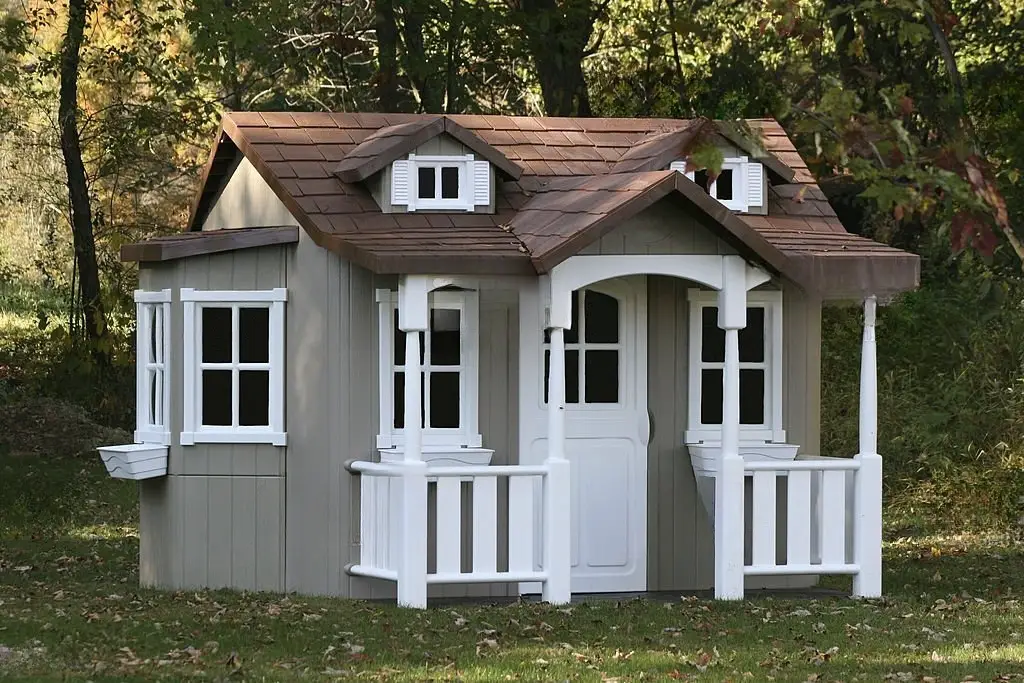
Tiny homes massachusetts
Tiny Homes Massachusetts is a new site that lists tiny homes for sale in Massachusetts. The site includes information on each home as well as contact information for the listing agent and seller.
The website is currently in beta testing and will be available to the public soon. The idea behind Tiny Homes Massachusetts is to help people find affordable housing while still living in a beautiful area like Massachusetts.
Most of the tiny homes listed on the site are under $50,000, which makes them quite affordable compared to most homes in Massachusetts.
Tiny Homes Massachusetts has homes from all over the state, including Boston and places like Salem and New Bedford that are close by. The majority of these homes are for sale because their owners want more space or simply have too much stuff!
Tiny Homes Massachusetts is a great resource for anyone looking to buy a tiny home in Massachusetts. It’s easy to search through all the listings and find exactly what you need.
If you don’t see what you are looking for, there are many other resources available on the site as well. You can browse various categories to find what works best for you:
Tiny Home Living: This section features tiny homes that were built specifically for this purpose. They come with everything you could possibly need, including running water and electricity! These homes are also quite affordable given how small they are!
RV/Camper: If you want something in between a tiny house and a full-size RV, then this is the section for you! RVs offer some of the benefits of both types of living while at the same time allowing you to move around more easily if desired.
Additionally, RVs can be parked pretty much anywhere and do not require a large amount of land to live on. A simple camper is just a smaller version of an RV that can be pulled behind any vehicle.
They have everything that would come standard in an RV (beds, a sink, a shower, etc.), and you can even add things like a refrigerator or microwave if needed.
Tiny houses are smaller versions of homes that are typically built on wheels or skids so that they can be moved around easily. These houses are made out of wood or metal and come in many different shapes and sizes!
Some have been built inside shipping containers, while others have been created from old school buses! There are even companies that specialize in designing custom tiny homes!
Top pick
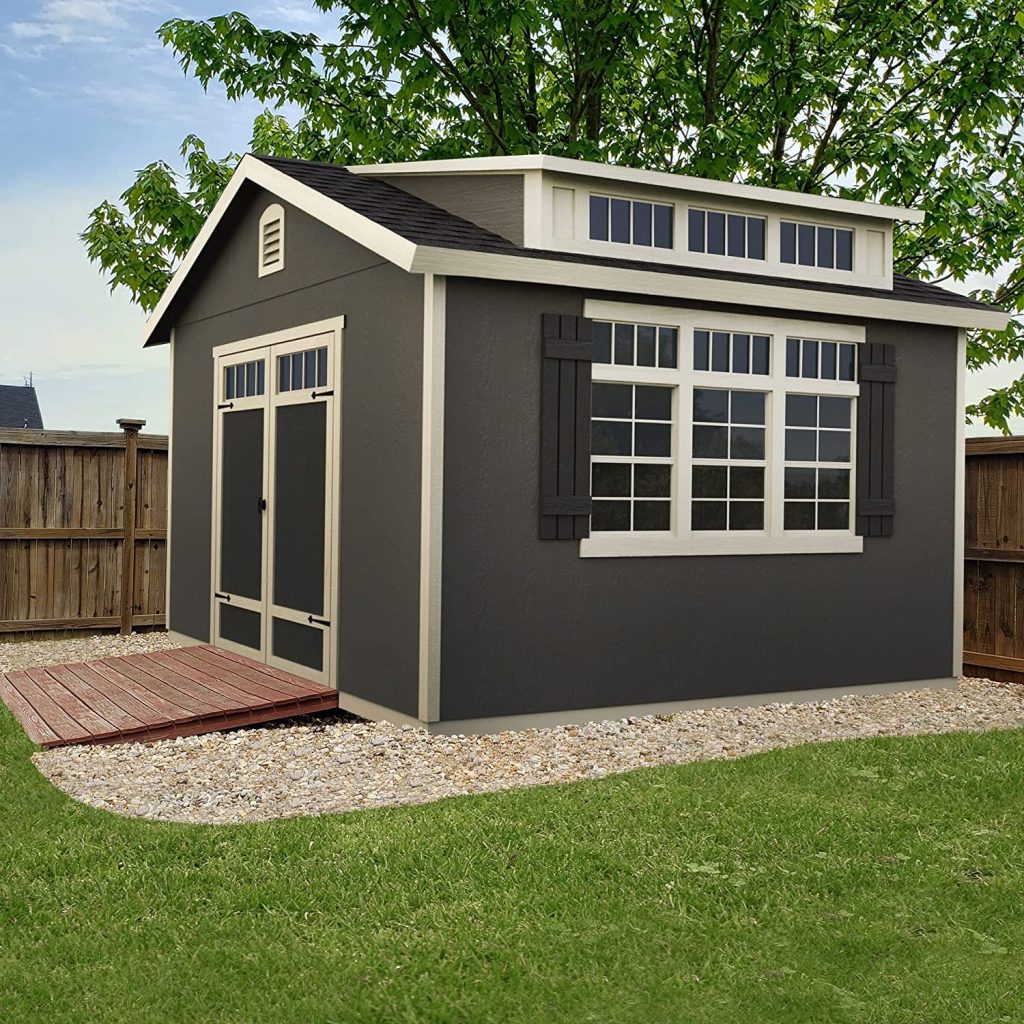
Editor’s choice
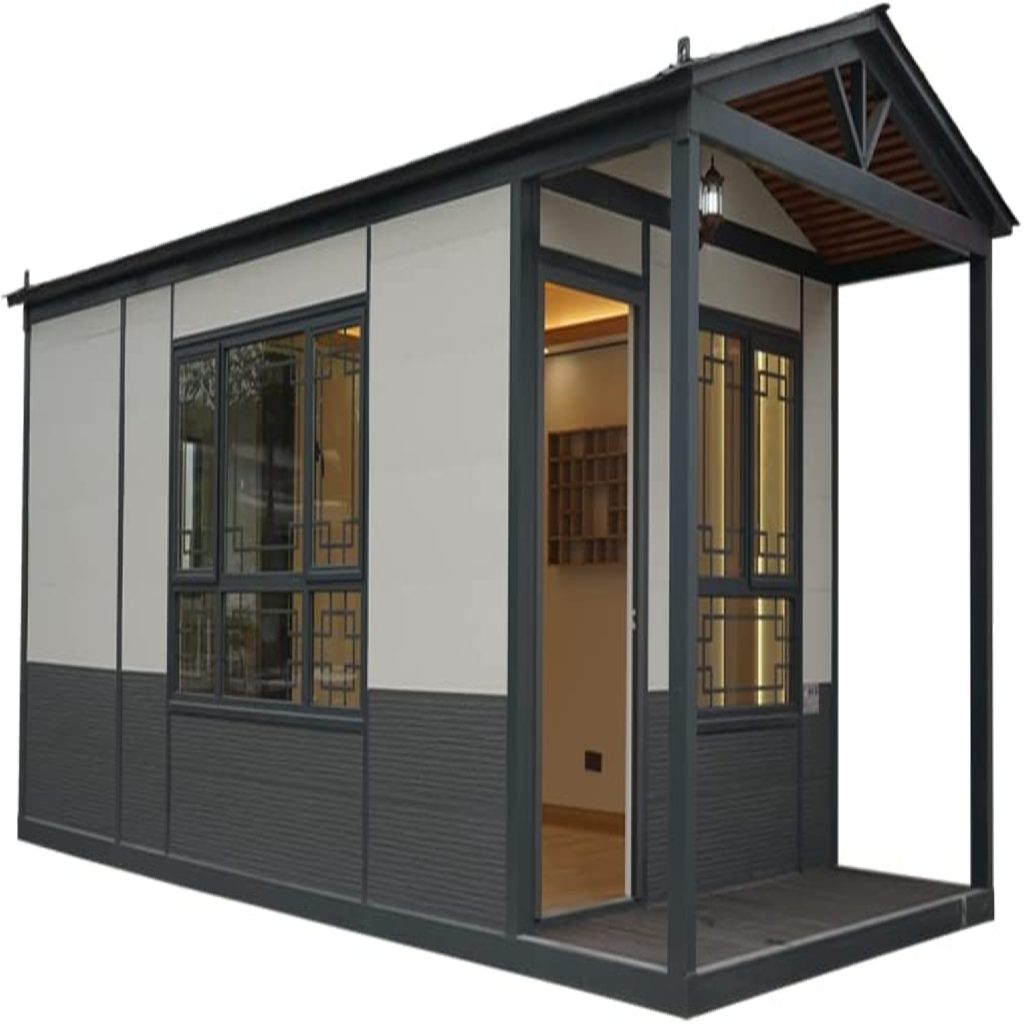
Helpful points to learn from
- What makes tiny living so appealing?
- Are tiny homes legal in Massachusetts?
- Cost of buying a tiny homes in Massachusetts?
- How to find your perfect tiny house?
- People interested in tiny homes need to know their sizes, legalities, and other details.
- Is tiny home living worth it?
Tiny homes have become an increasingly popular alternative to traditional home ownership. The concept of living in a small space might sound like a nightmare to some, but it’s actually quite appealing for many people.
Tiny homes are just as spacious as regular-sized houses; they’re easier to maintain than large houses, and they’re less expensive than buying or renting something larger. They also often look nicer and more modern than the typical starter home or rental apartment!
But what makes tiny living so appealing? Are tiny homes legal in Massachusetts? How do you find your perfect tiny house? And is tiny home living worth it? I’ll answer all these questions below.
Read more articles: Tiny Homes Texas
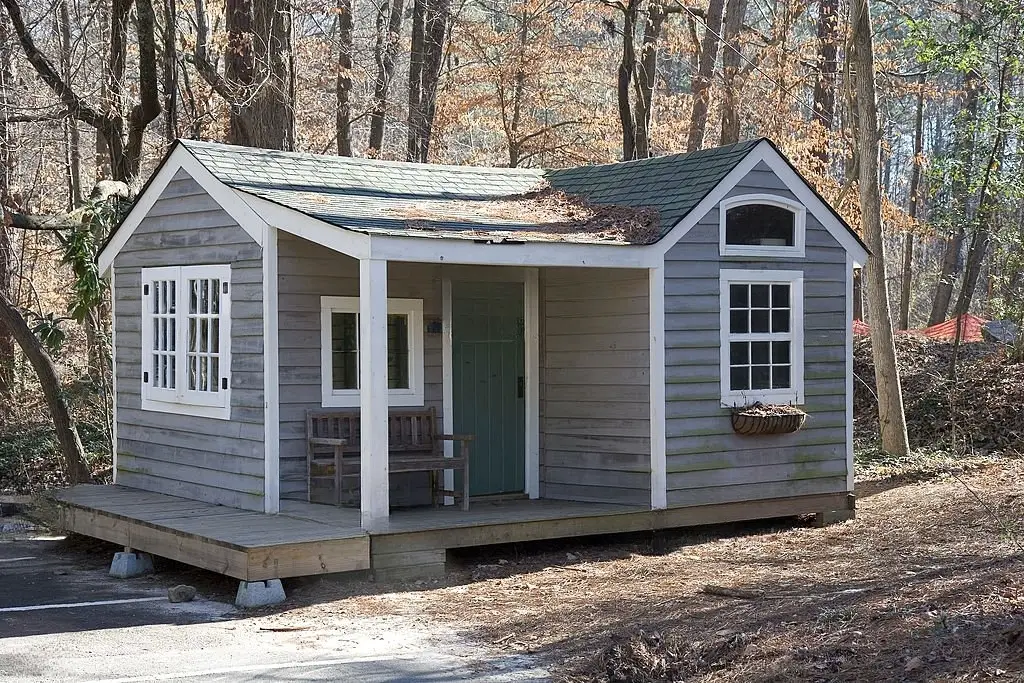
What makes tiny living so appealing?
They’re more affordable than traditional homes. Tiny homes cost less because they’re smaller and don’t require as much space or materials to build (and maintains much space or materials to build (and maintain). They’re easy to maintain.
1. It’s affordable.
Many people find themselves saddled with mortgage payments that far exceed their income and savings. Tiny homes can be built on a modest budgetoror even for free if you’re willing to do some work yourselfinwhich means they are more affordable than traditional homes.
They also tend to cost less in terms of utility bills and property taxes, making them an attractive option for those who want to save money without sacrificing quality of life.
Furthermore, because they are smaller, they do not necessitate as much maintenance or upkeep as larger homes do! Tiny living can be easier on your wallet in other ways too.
Since you’re living in a smaller space, you won’t have as many things that need taking care of when compared with larger houses that contain more appliances and furniture pieces.
If something breaks down or needs fixing in your home, you’ll likely have an easier time finding someone who can fix it for a reasonable price because there simply aren’t as many things present in such small spaces!
They’re perfect for people who want to downsize their lifestyles without sacrificing comfortability or convenience, which means that if this sounds like something that could benefit yourself personally,
Then please keep reading below, where we’ve put together our tips, before deciding whether purchasing one would be right for you too!
2. They’re eco-friendly.
Tiny houses are designed with sustainability in mind. They use fewer resources than traditional homes do by virtue of being smaller, so there’s less waste involved in their construction and operation as well as less impact on the environment overall (i.e., less carbon emissions).
You’ll also find that many tiny homes have solar panels installed on the roof, which produce free electricity from the sun’s rays—ddefinitely an added bonus when it comes to saving money on utility bills.
Most tiny houses are off-grid, which means that they don’t use any utilities that the government or other groups provide.
Instead, they often rely on solar power and other alternative energy sources like wind turbines or waterwheels to provide electricity for appliances and lighting.
Because of this, tiny houses are usually much more affordable to maintain than regular-sized homes because homeowners don’t have to pay for water or electricity from their utility provider every month or year.
In terms of affordability, tiny houses are great because they require less maintenance than larger homes do—eeven if you live alone! It makes sense when you think about it.
If you have a lot of space in your home but no one else lives there with you, then that extra square footage isn’t exactly necessary. You won’t need as many appliances or furniture pieces, so your utility bills will be lower.
And since tiny homes are often built with recycled materials, they’re also better for the environment. If you’re a minimalist, then living in a tiny house may be right up your alley.
Smaller spaces mean fewer distractions and fewer things to worry about. It’s easier to keep things clean and organized when there’s less clutter aroundsijust ask anyone who has moved into their first apartment or dorm room!
Read more articles: How Much Is A Tiny House In Virginia
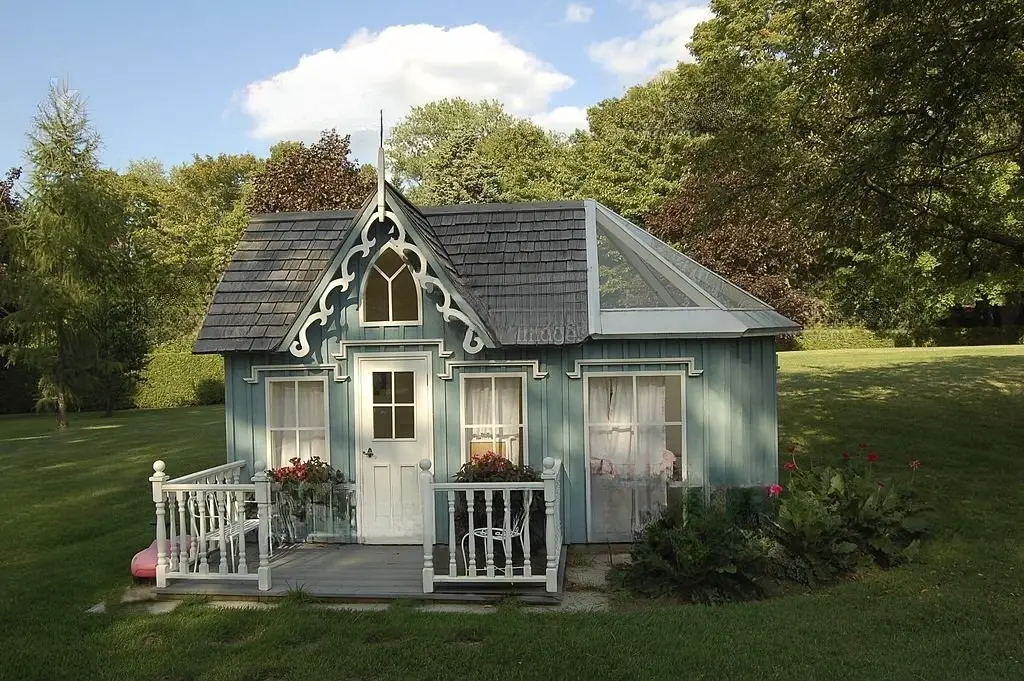
Are tiny homes legal in Massachusetts?
Tiny homes are legal in Massachusetts. Tiny homes are also legal in most states, including Florida, Pennsylvania, and Kentucky.
But they’re not legal everywhere—some states have banned them from being built on certain properties or in certain counties. It can also depend on how a tiny home was built and what kind of materials were used to build it.
Tiny homes are becoming more popular in Massachusetts, but there aren’t many regulations specific to them. In the state of Massachusetts, there are no laws that specifically address tiny houses.
However, the Massachusetts Department of Building Regulations and Standards (DCR) recently released a set of guidelines for building such structures that can be used as a guide by homeowners who want to build their own tiny house or rent out one they own.
According to the DCR, tiny houses must be at least 400 square feet and have an exterior stairway if they’re not on a slab foundation.
If you plan to live in your tiny home year-round and rent it out during vacations, then the house must meet Massachusetts building codes for residential dwellings instead of commercial ones.
The DCR also notes that any structure built on wheels needs to comply with local zoning laws, which vary from town to town across Massachusetts. It’s important to check with your local zoning board before purchasing land.
or starting construction on any kind of property you own or plan to buy, in order to make sure your plans comply with local ordinances and regulations regarding building permits, zoning laws, and other restrictions that may affect your project.
If you’re looking for a tiny home on wheels, you might want to check out the Tiny House Festival, which is taking place from September 28th through October 1st in Williamstown, Massachusetts.
The festival will feature more than 40 tiny homes on display, as well as workshops on everything from landscaping and interior design to sustainable living and building your own tiny house.
Cost of buying a tiny homes in Massachusetts?
The cost of a tiny home in Massachusetts will vary based on several factors, including whether you purchase or build the home, how much land is included, and what amenities are included.
If you are looking to buy a tiny house in Massachusetts, prices range from $80,000 to $150,000 depending on how large your property is.
While there are many benefits associated with buying a tiny house in Massachusetts, such as affordability and low maintenance costs (no lawn mowing), there are also some drawbacks, including higher taxes due to their small size.
A great way to save money while purchasing a tiny house is by using alternative financing methods like seller financing or leasing instead of buying outright.
Leasing allows you access to all the same benefits of owning without the upfront costs associated with buying and selling properties later down the road when you’re ready for something larger, such as retirement homes, which come with high upfront costs.
due to mortgages being paid off over 30 years instead of just this one lifetime commitment, so make sure to compare apples-to-apples before making any decisions!
Read more articles: How Much Is A Tiny House In Georgia
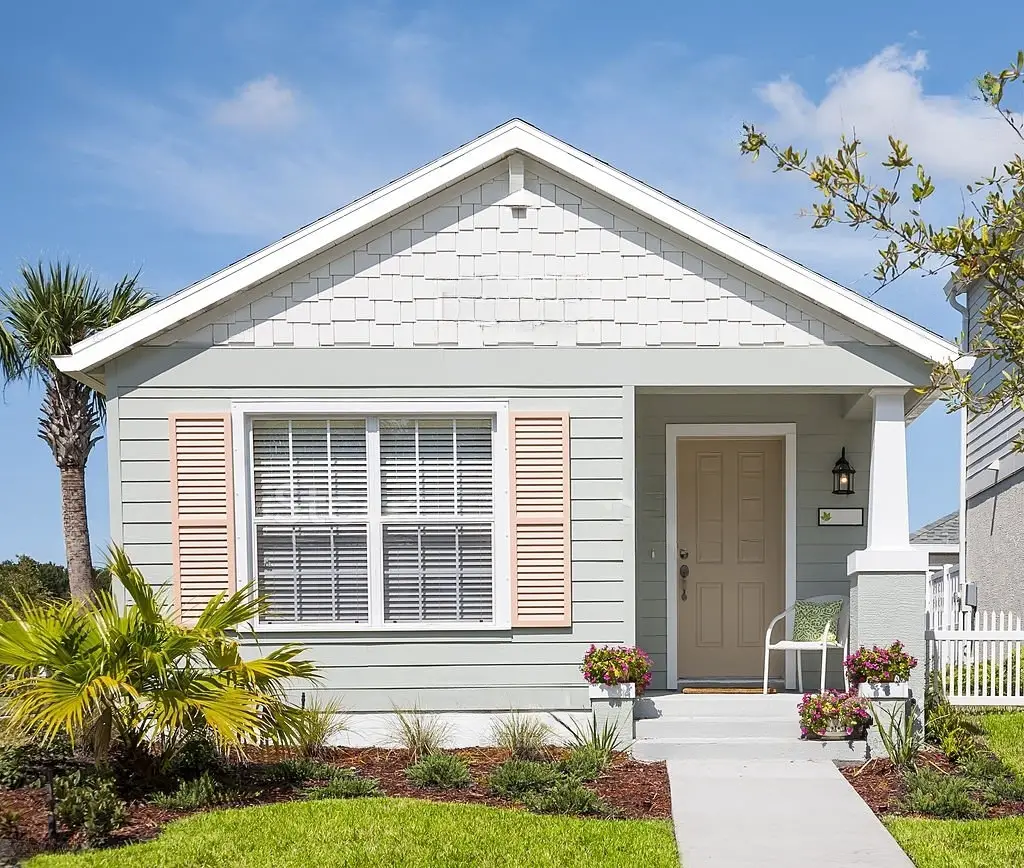
How to find your perfect tiny house?
There are several different ways to find your perfect tiny house. The first thing you’ll want to do is check out a local community or builder that offers tiny houses for sale, rent, or lease.
Tiny houses can be built on foundations at a number of different locations and come in all shapes and sizes. You will also want to explore the real estate listings in your area for any existing homes that might meet your needs.
If this seems like too much work (or if you’re simply not interested in building from scratch), then consider looking online for used tiny houses with all the bells and whistles included—a great way to save money!
Of course, if buying isn’t really an option, renting may be an option worth exploring as well. If nothing else works out (ehem, the bank account’s been drained),
Then try asking around among friends and family members who may know someone who knows someone who has one lying around collecting dust somewhere out back behind their house just waiting to make its way into yours!
Top pick
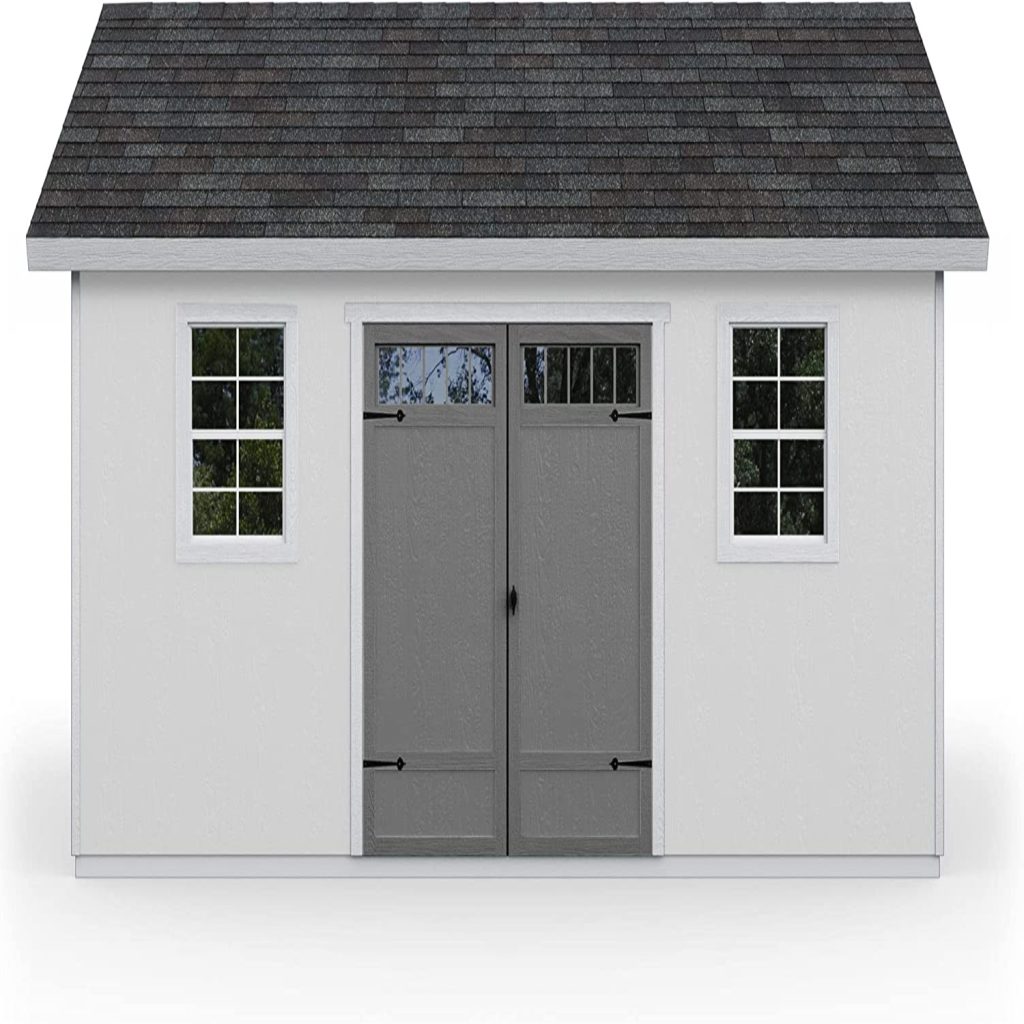
Editor’s choice
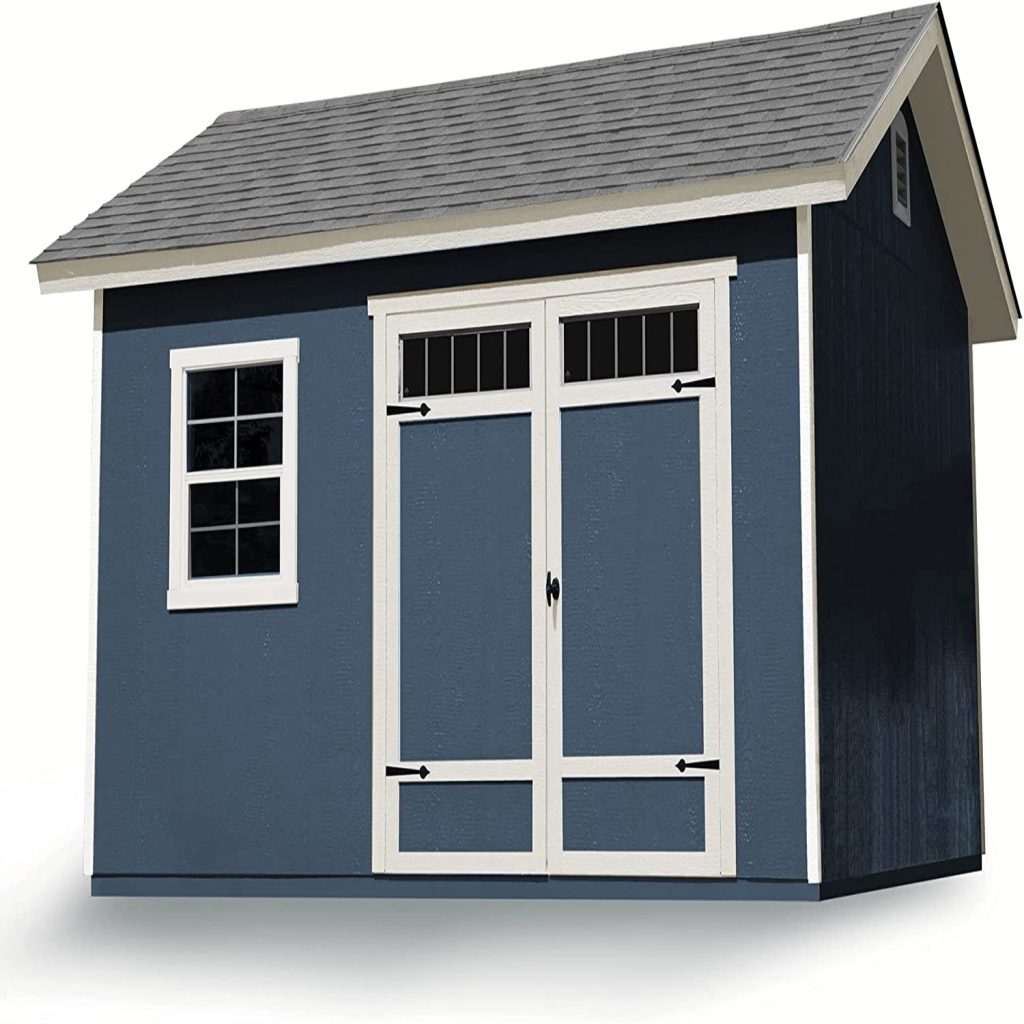
Best value
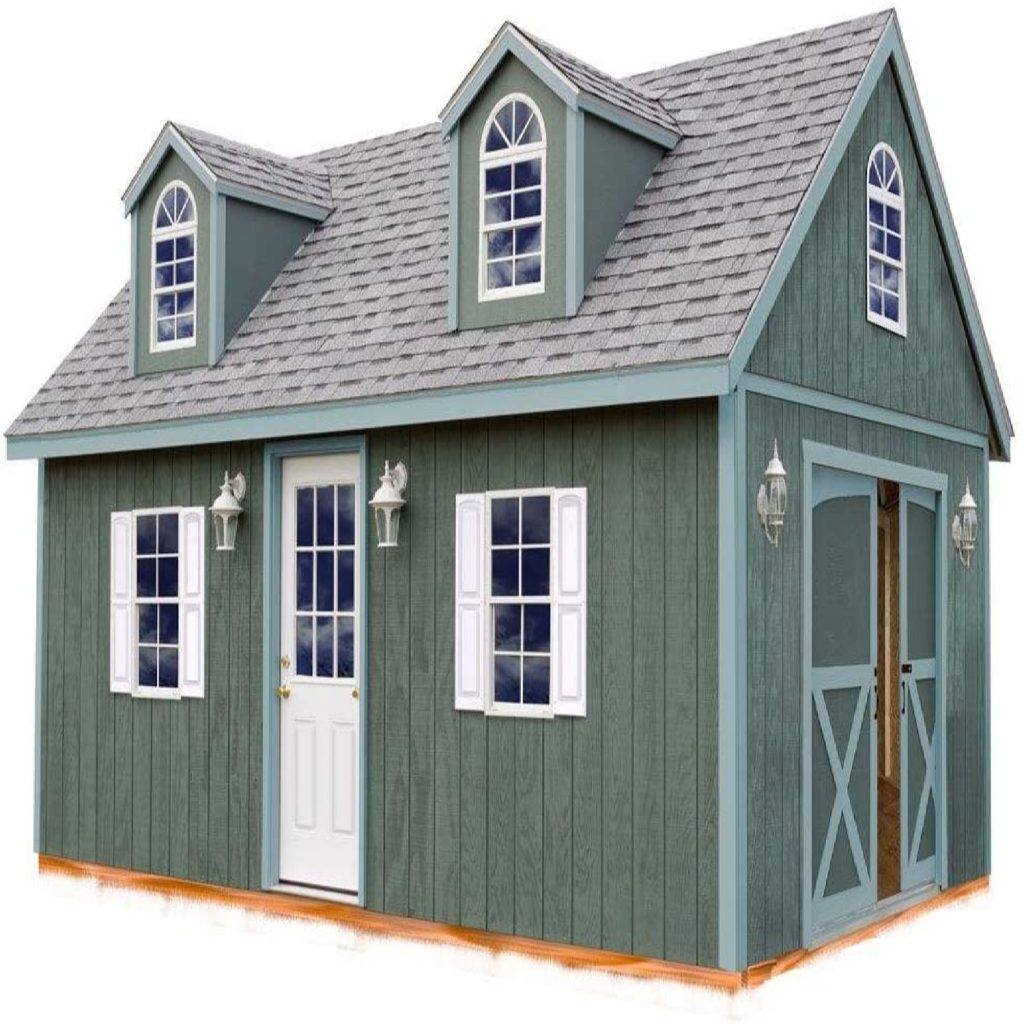
People interested in tiny homes need to know their sizes, legalities, and other details.
Tiny homes are a great alternative to traditional homes. They cost less, they’re more sustainable, and they allow you to live in an area that may not have been available with a traditional home.
Tiny homes can be a great option for people looking to downsize, especially when they are retired or have a limited income. They offer the same comforts as a larger home, but they are more affordable and easier to maintain.
There are many reasons why tiny houses are so popular. They are an environmentally friendly way to live, they are cost-effective, and they don’t take up as much space as regular-sized homes do. There is also less disruption to the environment when you build a small home instead of a large one.
In Massachusetts, there are some restrictions on tiny houses. The minimum size requirement is 400 square feet for an accessory dwelling unit (ADU) and 400 square feet for a detached ADU.
In addition, you need at least 500 square feet if your property has more than two units on it or if it’s located in an area where there’s already an existing building code that prohibits smaller housing units than those mentioned above.
But before you sign up for the tiny home movement, be sure to do your homework on the following five things:
- The size of your tiny house
- Your zoning laws and local restrictions surrounding tiny houses
- The legal ramifications of living in a tiny house
- The other costs associated with living in a tiny house (utilities, furniture, etc.)
- What kind of lifestyle suits your needs best?
Read more articles: Can Tiny Homes Be Built On A Foundation
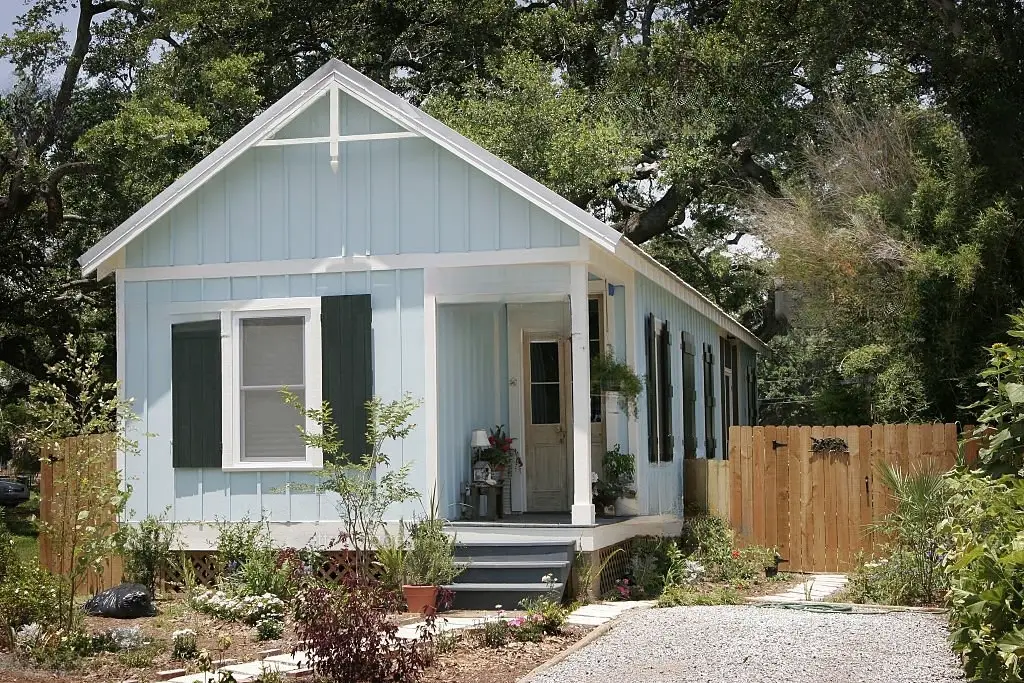
Is tiny home living worth it?
The benefits of living in a tiny home are many. You can save money on utilities and rent, not to mention the taxes that go along with owning property.
Tiny homes make great starter homes or vacation homes—and they’re perfect for renters who want more flexibility than a traditional apartment or condo may offer.
But there are also some disadvantages to living in a tiny home: They might not be as sturdy as larger houses; they often don’t have as much storage space; They might be more expensive at first (especially if you’re not handy);
If you want to move somewhere else in the future, it might be hard or expensive to find a place that can fit such a strange structure.
There is no doubt about it—tiny house living has its advantages! However, before committing yourself fully, consider these pros and cons:
Pros: The main benefit of living in a tiny house is financial freedom! You can save money by spending less on utilities because there isn’t much room for electronics (unless you have solar panels).
So everything runs off battery power instead, which means no televisions either!
Plus, all those monthly payments add up over time, so cutting them out altogether would mean big bucks saved every month when combined with other bills like car payments, etcetera.
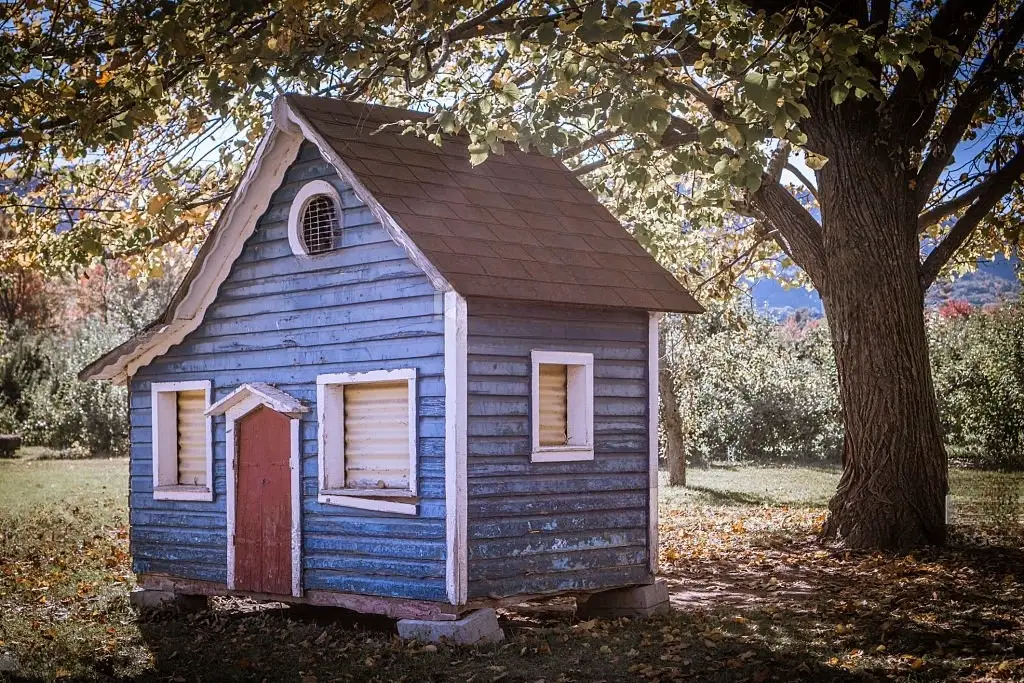
FAQ
1. Are tiny homes legal in Massachusetts?
Yes, absolutely yes!
2. Is there a tiny house community in Massachusetts?
For now no any tiny home community in Massachusetts.
3. How much do tiny houses cost in Massachusetts?
Tiny house cost in Massachusetts is around $155 – $685 per square foot.
4. Can you permanently live in a tiny home?
Yes, absolutely you can do so.
Conclusion
Tiny homes are a great alternative to traditional living. They can be a good option for people who want to live in a more environmentally friendly way and/or save money on housing costs.
However, if you’re thinking about buying or renting one, there are many things to consider before making your decision. We hope this article has been helpful!
Let’s start by telling you that there is no one definition of a tiny house. That said, state officials in Massachusetts are starting to use 250 square feet as the official cutoff for a tiny home.
For now, this provides a fairly clear demarcation for what we’re labeling “tiniest.” Now for the state in general. Massachusetts has three “tiny house friendly” jurisdictions, each with certain size limits and requirements.
While the future of tiny homes is still uncertain, many feel that it has become part of an increasingly popular trend towards downsizing and sustainable living.
If you’re interested in its history and future or are intrigued by the idea, you can learn more by checking out our website.
Read more articles: Tiny Homes You Can Pull With A Truck

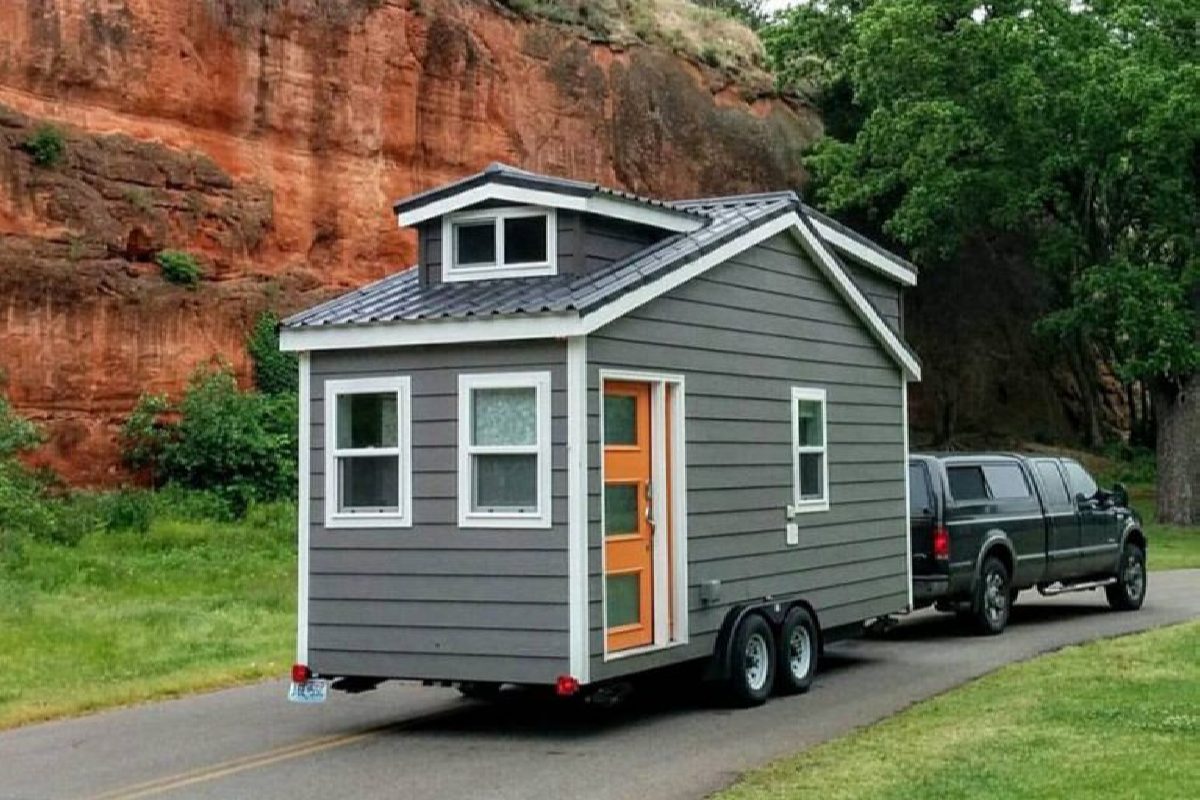
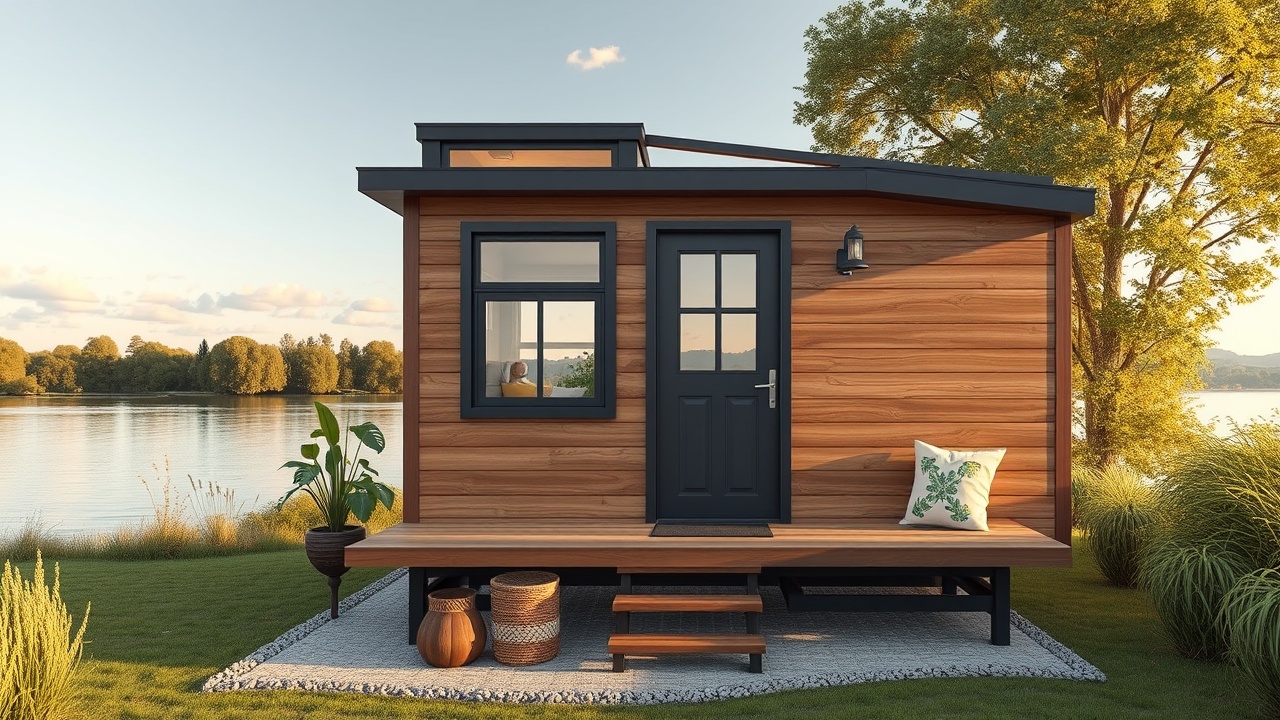
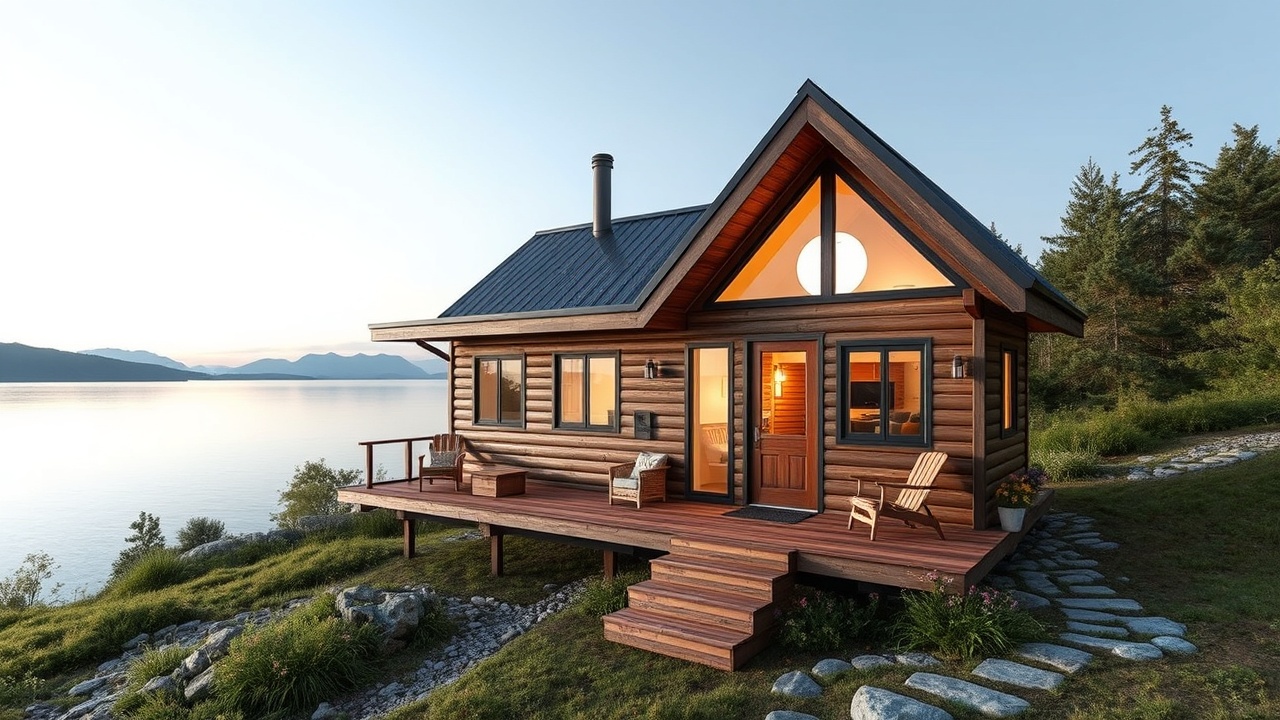
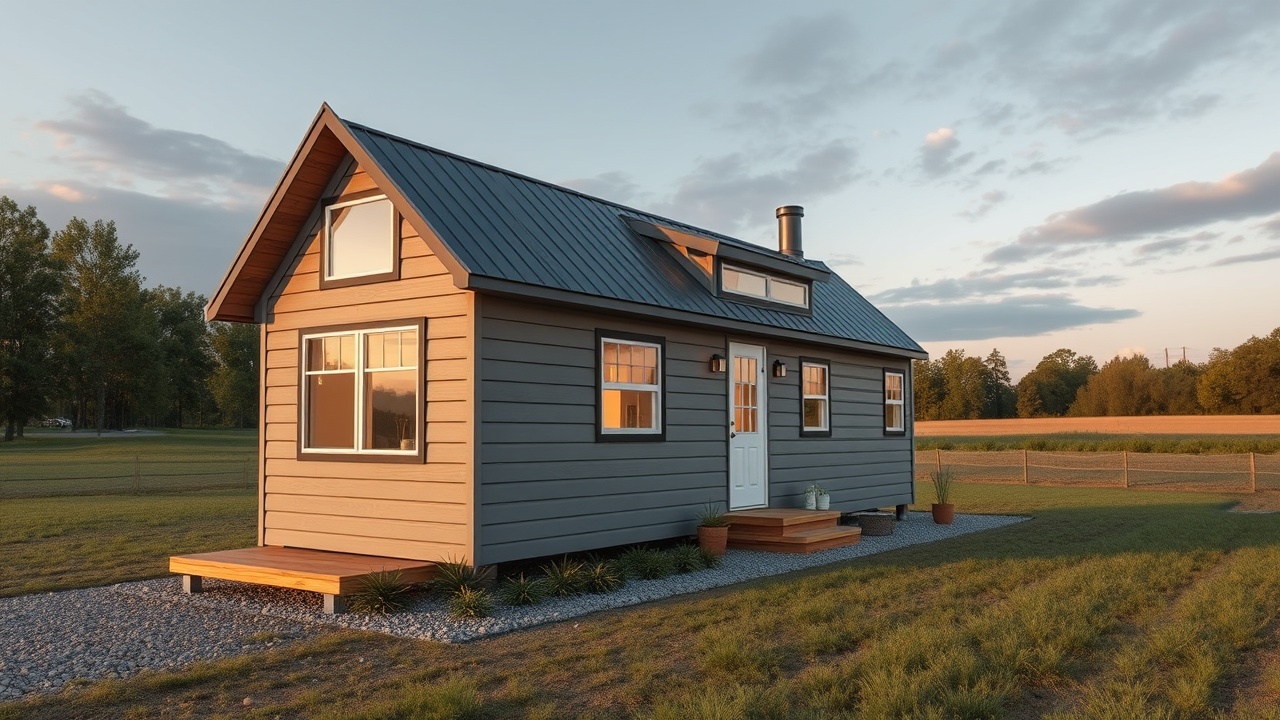
Leave a Reply